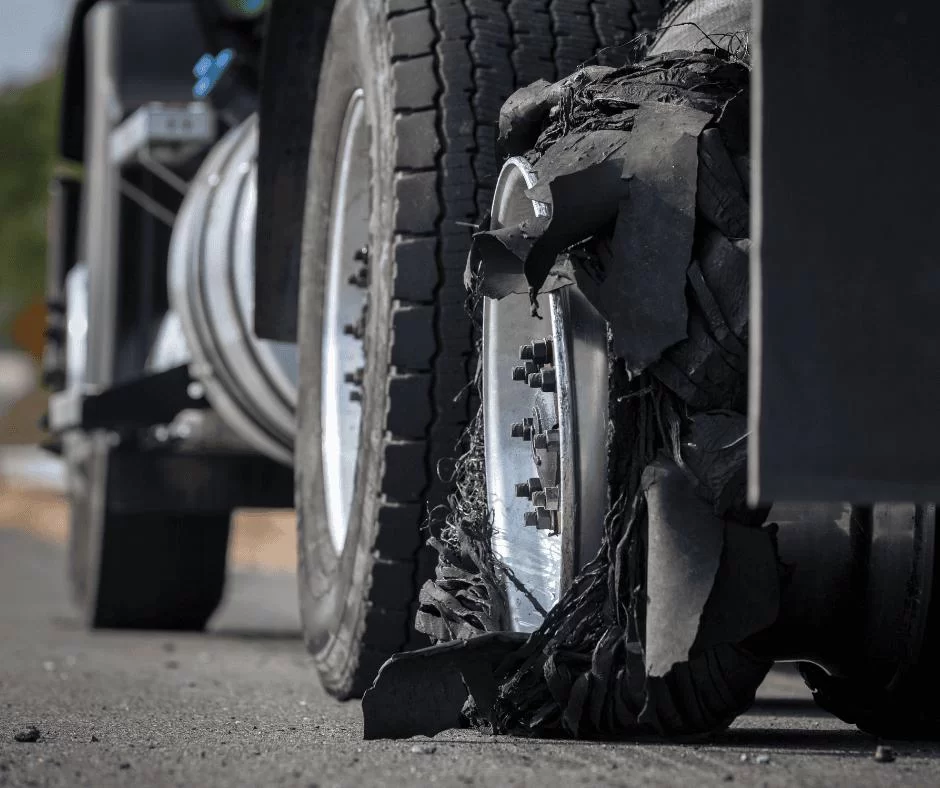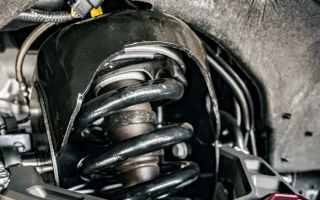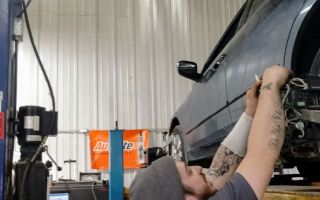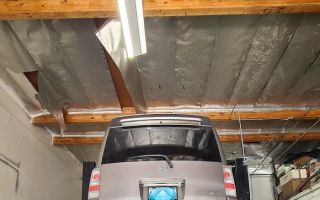Can Tire Pressure Monitoring Systems Help Prevent Blowouts?
As someone who spends a fair amount of time on the road, I’ve come to appreciate the importance of keeping my vehicle in optimal condition. One of the most crucial yet often overlooked aspects of car maintenance is the tire pressure. Over the years, I’ve learned that improperly inflated tires can lead to all sorts of problems, including a sudden tire blowout. That’s when I first became curious about the Tire Pressure Monitoring System (TPMS) and whether it could truly help prevent such disasters. After learning more, I can confidently say that TPMS is a game-changer when it comes to blowout prevention.
It wasn’t until I experienced a terrifying blowout on a busy highway that I realized just how dangerous it can be. The sudden loss of control, the deafening sound of the tire bursting, and the immediate need to pull over all left me shaken. That experience stayed with me, and I knew I had to find a way to prevent it from happening again. I began looking into Tire Pressure Monitoring Systems, or TPMS, which are designed to monitor the pressure in my tires and alert me if anything is off. It sounded promising, but did it actually work? Here’s what I discovered.

MR. TIRE INC.
2078 New York Ave, Huntington Station, NY 11746, USA
1. Understanding Tire Pressure and Its Role in Road Safety
Tires are one of the most critical components of a vehicle, yet many people don’t give them the attention they deserve. Most drivers, like me, only pay attention to tire pressure when they notice something’s wrong, such as a flat tire or when their car begins to feel wobbly or hard to handle. However, the pressure in each tire directly affects how the vehicle drives, its fuel efficiency, and, most importantly, its safety.
When tire pressure is too low, it creates more friction between the tire and the road, generating excessive heat. This heat buildup can cause the tire to weaken and eventually blow out. On the other hand, overinflated tires don’t have enough contact with the road, making them more susceptible to damage from debris or potholes. Proper tire pressure, therefore, plays a key role in preventing blowouts and ensuring optimal tire performance.

MR. TIRE INC.
2078 New York Ave, Huntington Station, NY 11746, USA
2. How Tire Pressure Monitoring Systems Work
The TPMS is a safety feature in modern vehicles designed to alert drivers when their tire pressure is too low or too high. This system uses sensors placed in each tire to monitor the air pressure and communicate it to a central unit in the car. If the system detects that the pressure falls below a certain threshold, it triggers a warning light on the dashboard, notifying the driver to check their tires.
There are two types of TPMS: direct and indirect. Direct TPMS uses sensors inside the tire to measure the actual pressure, while indirect TPMS works by monitoring the rotation speed of the tires to detect any pressure differences. While both types serve the same purpose, direct TPMS provides a more accurate reading of tire pressure, giving drivers like me a better chance of avoiding dangerous situations before they escalate.
3. The Link Between TPMS and Blowouts
Now that I understood how TPMS works, the next logical question was whether it could actually prevent blowouts. As it turns out, the answer is yes. By providing early warning of any significant changes in tire pressure, TPMS allows me to take corrective action before the situation worsens. Whether it’s adding air to the tires or getting them replaced before they wear out, the system gives me the necessary information to make informed decisions about my vehicle’s tires.
When a tire loses pressure gradually, it may not be immediately noticeable to the driver. This slow deflation can weaken the tire and make it more prone to a blowout. With TPMS, I can be alerted the moment the pressure drops below a safe level. This gives me the opportunity to pull over, inspect my tires, and either top them off with air or seek professional help if needed. By staying ahead of the problem, I can prevent a sudden blowout from occurring on the road.
4. TPMS and Overall Tire Maintenance
Another great benefit of TPMS is that it encourages better overall tire maintenance. Before TPMS became standard in many vehicles, I never paid much attention to tire pressure. It wasn’t until I received a warning from my TPMS that I started regularly checking my tires’ pressure. Since then, I’ve been more mindful about ensuring they are properly inflated. This simple habit has not only prevented blowouts but also improved my car’s fuel efficiency and handling.
Moreover, TPMS doesn’t just alert me about low pressure; it also helps in identifying problems that might not be visible to the naked eye, such as a slow leak or uneven tire wear. This allows me to address issues before they turn into major problems, reducing the likelihood of a dangerous blowout occurring on the road.
5. TPMS as a Valuable Tool for Long Road Trips
As someone who enjoys taking long road trips, I can’t stress enough how valuable TPMS is for ensuring a safe journey. When I’m driving for hours at a time, it’s easy to forget about the state of my tires. The pressure in my tires can change due to temperature fluctuations, and without a monitoring system, I could easily miss a dangerous drop in pressure. However, with TPMS in place, I receive real-time updates about my tire condition, giving me peace of mind during long drives.
Whether I’m headed out on a cross-country adventure or just taking a weekend road trip, TPMS helps me stay on top of my tire health. If I’m ever in doubt about my tires, I know I can rely on my TPMS to give me an accurate reading. If something is wrong, I can address it right away before it leads to a blowout or another issue on the road.
6. TPMS Benefits Beyond Blowout Prevention
While blowout prevention is one of the most important benefits of TPMS, it also offers other advantages. For instance, maintaining proper tire pressure helps improve my vehicle’s fuel efficiency. Underinflated tires can increase rolling resistance, which means the engine has to work harder to move the car. By keeping my tires at the correct pressure, I can reduce fuel consumption and save money at the pump.
Additionally, TPMS contributes to a smoother ride. Properly inflated tires provide better traction and handling, which improves the overall driving experience. Whether I’m navigating tight city streets or cruising down the highway, I notice a significant difference in the car’s stability when the tires are properly inflated. This enhances my control over the vehicle and makes for a more comfortable ride.
7. The Bottom Line: Should You Rely on TPMS?
After everything I’ve learned about TPMS, I can confidently say that it’s an essential safety feature for anyone who spends time on the road. While it’s not a substitute for regular tire maintenance, it’s certainly a valuable tool that can help prevent blowouts and other tire-related issues. For me, TPMS provides peace of mind knowing that I’ll be alerted to any potential tire problems before they become critical. It’s an investment in safety, efficiency, and peace of mind.
If you’re looking to learn more about TPMS, get help with your tires, or even need assistance with roadside services, I highly recommend checking out Rescue & Towing. Their expert team can guide you in maintaining the health of your tires and provide support if you ever find yourself in need of help on the road.
With TPMS, I’ve experienced a safer and more reliable driving experience. I hope you’ll consider the many benefits this technology offers, especially when it comes to preventing blowouts and ensuring your vehicle’s tire health is always in top shape.
























